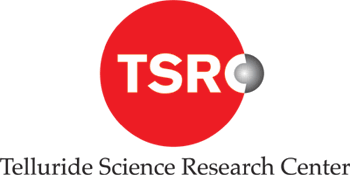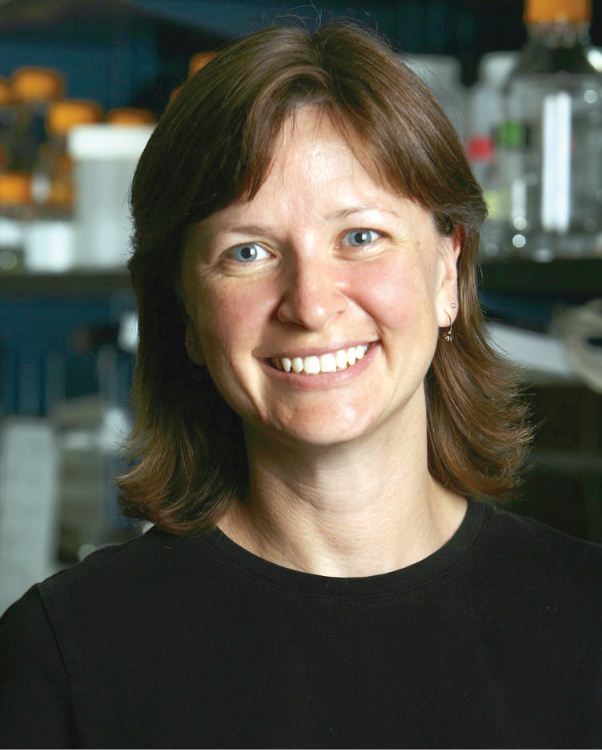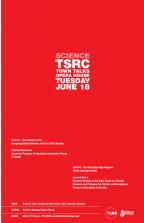Limitless Energy and Disease Discovery at Final TSRC’S Town Talk
“The discovery of natural gas and fracking technology give us about 40 more years. Whether good or bad, these buy us enough time to make solar work,” said Joseph Hupp, Professor of Chemistry at Northwestern University. Porfessor Huff is referring to the time remaining on Earth’s...









